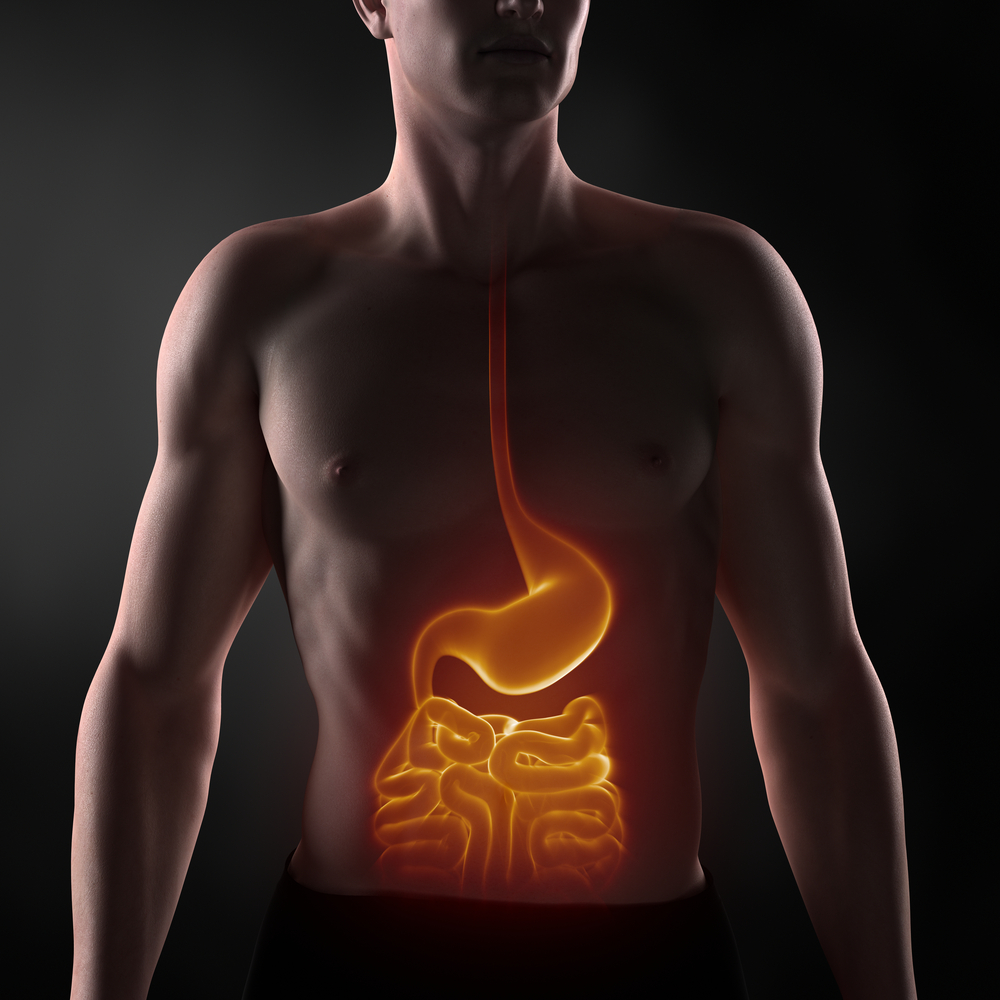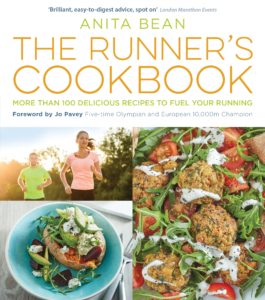

It’s probably not something you often think about but the trillions of microbes that reside in your gut have a huge impact on many aspects of your health, including your sporting performance. These bacteria, yeasts, fungi and viruses release chemicals that influence your weight, immunity, cardiovascular system, mental health and your susceptibility to acne, allergies and cancer. Now scientists believe that they can also affect your sporting performance and recovery.
A review of 33 studies with athletes concluded that your gut microbiome plays a key role in controlling oxidative stress and inflammatory responses as well as improving metabolism and energy expenditure during endurance exercise. With better immunity, you’re less like to suffer illnesses and gut problems that can hamper your training. In other words, having a healthy balance of gut microbes may aid your performance and recovery.
But it’s a two-way street: having a healthy gut microbiome not only boosts your performance; regular exercise also boosts the health of your microbiome. Research has found that exercise changes the balance of your gut microbes and promotes diversity. This can have a knock-on effect on your digestion, weight, mood and chronic disease risk.
A recent study, which compared 40 professional rugby players with people who didn’t exercise, found that the athletes had a much greater diversity of gut microbes and higher-than-average numbers of the ‘good’ strains. This matters because increased microbial diversity is linked to better immunity, higher resistance to upper respiratory tract infections, and lower rates of obesity.
In another study, this time with non-exercisers, scientists found that 6 weeks of endurance exercise improved the diversity of volunteers’ gut microbes. When they stopped exercising, their microbiomes reverted to what they had been at the start of the study.
It’s thought that elite athletes have a unique make-up of gut microbes that are part-responsible for their superhuman performances. What’s more, athletes from different sports have different types of microbes. Already, scientists have begun to identify these and develop probiotic products based on them. One start-up called Fitbiomics is planning to sell endurance-boosting probiotics to the public.
There’s also talk of bacterial doping (‘poop doping’) whereby a sample of an elite athlete’s microbiome (poop) is transplanted into someone else’s gut. That may or may not appeal to you!
In the meantime, there are easier and more enjoyable ways to improve your microbiome. The best way to increase the diversity of your gut microbes – and gain a performance advantage – is to eat a wide range of foods rich in fibre, polyphenols and probiotics. These provide ‘food’ for your ‘good’ gut microbes so they can grow. There are many types of fibre and the more types you eat the greater the benefit. The Scientific Advisory Committee on Nutrition recommends 30g fibre a day, quite a bit more than the current average of 19g.
- Plant-based foods – Try to get as many different kinds of fruit, vegetables, whole grains, pulses, nuts and seeds in your diet as possible. Variety is key because each contains different nutrients that the gut microbes thrive on
- Berries, nuts, red wine and dark chocolate – contain polyphenols that encourage the growth of ‘good’ microbes
- Try fermented foods containing probiotics – these are the live bacteria found in yogurt, sourdough bread, unpasteurised cheeses, fermented vegetables, tempeh (fermented soys beans), kefirf (a fermented milk drink), kombucha (fermented tea) and kimchi (fermented Chinese cabbage)
- Avoid highly processed foods – they contain ingredients that either suppress ‘good’ microbes or increase ‘bad’ microbes
 If you enjoyed this post and want to find out more about sports nutrition, then check out my brand new book, The Runner’s Cookbook. It features more than 100 delicious recipes to fuel your running. With a foreword from five-time Olympian Jo Pavey, the book also provides practical nutrition advice on fuelling before, during and after running, guidance on hydration and supplements, weight loss tips, how to recover from injury, and how to prepare for 5k, 10k, half marathons, marathons and ultra races.
If you enjoyed this post and want to find out more about sports nutrition, then check out my brand new book, The Runner’s Cookbook. It features more than 100 delicious recipes to fuel your running. With a foreword from five-time Olympian Jo Pavey, the book also provides practical nutrition advice on fuelling before, during and after running, guidance on hydration and supplements, weight loss tips, how to recover from injury, and how to prepare for 5k, 10k, half marathons, marathons and ultra races.

